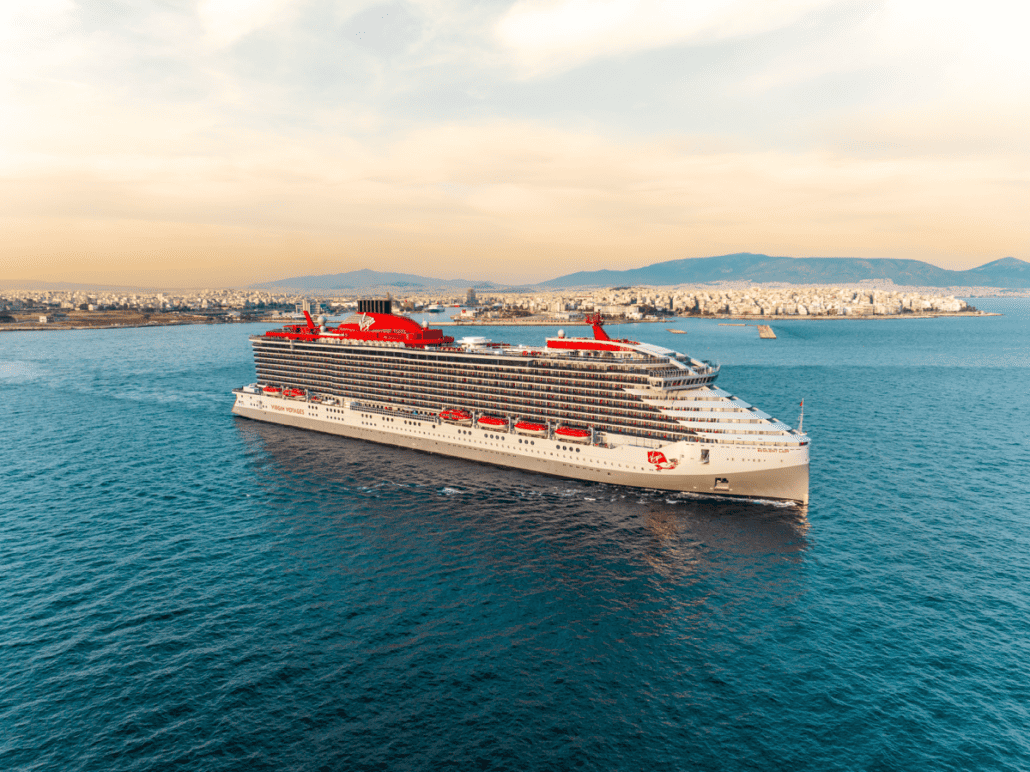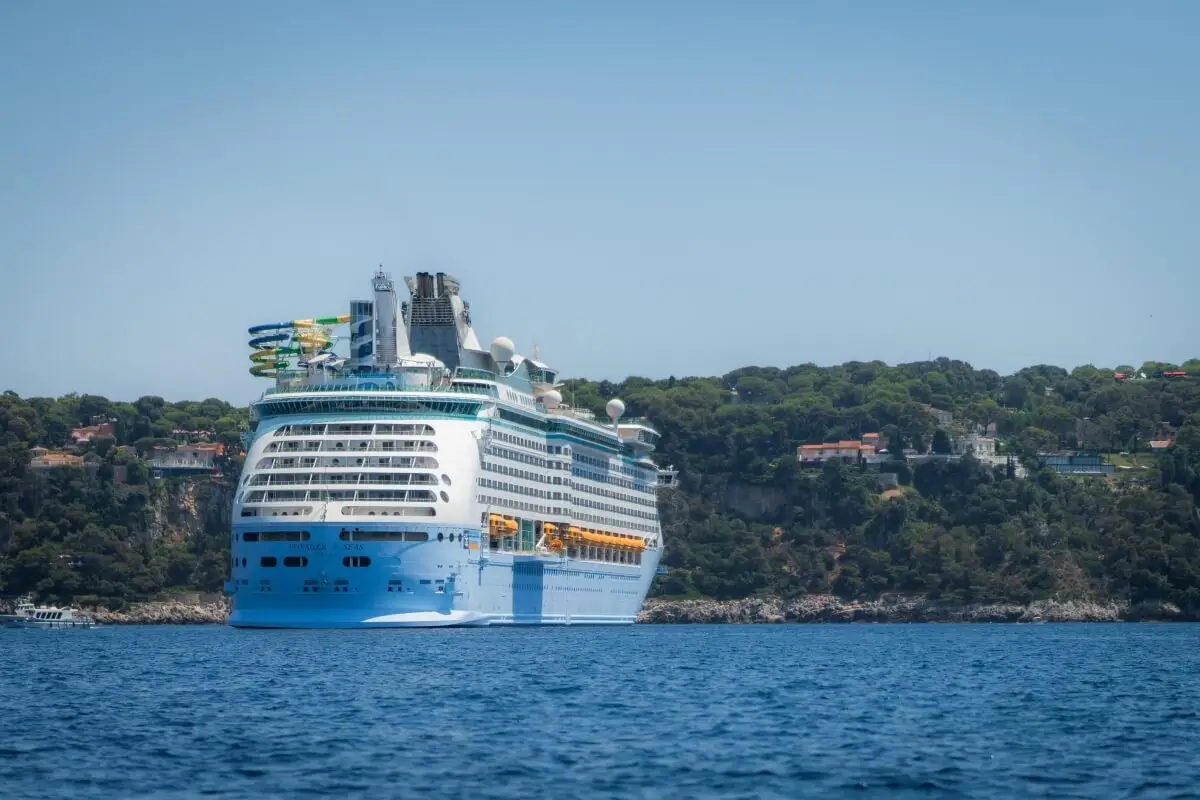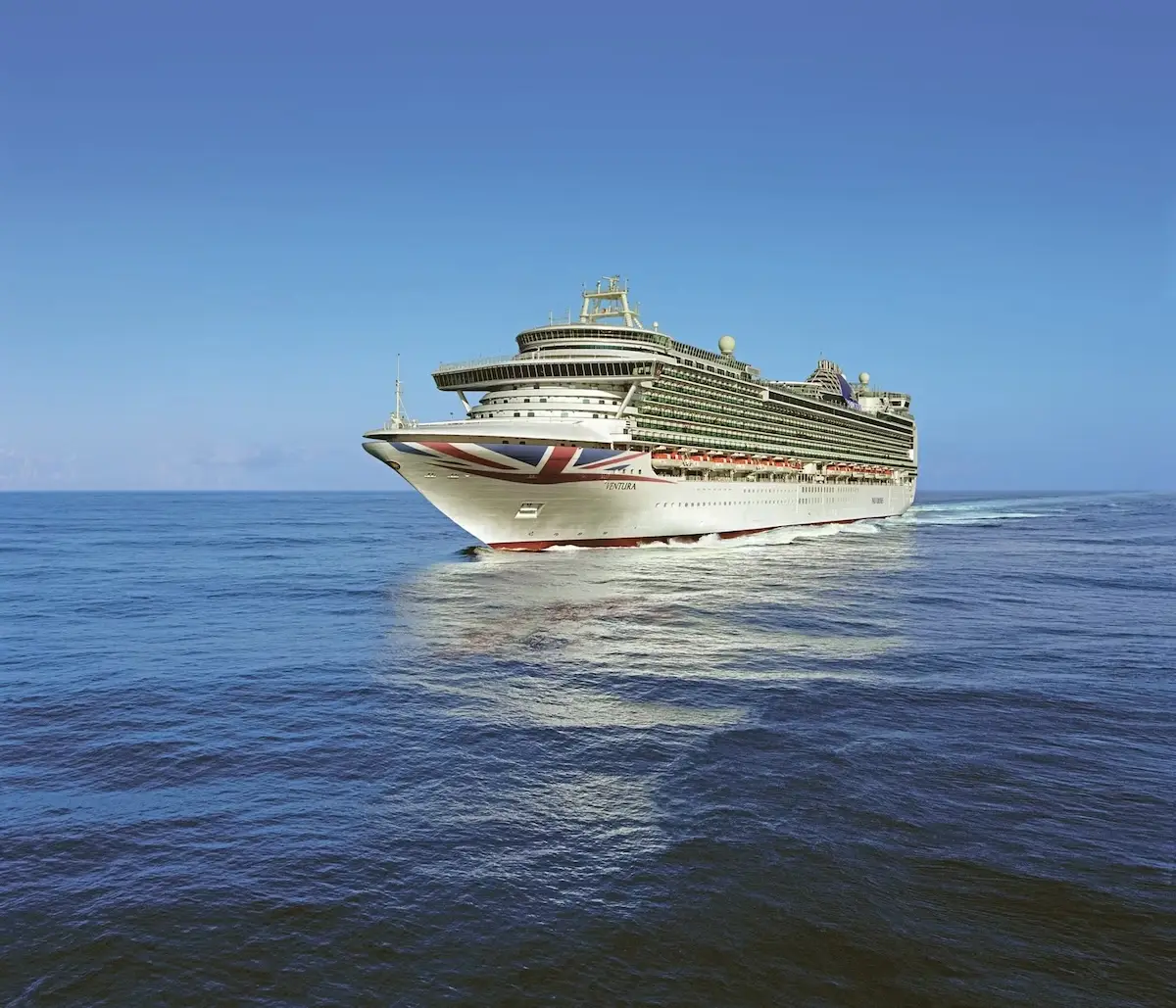Something’s shifting in the cruise industry, and it’s happening faster than most people realise. While passengers have traditionally relied on credit cards and cash for their maritime adventures, a growing number of cruise lines are embracing cryptocurrency payments.
This isn’t just about following tech trends—it’s about addressing real operational challenges and meeting evolving passenger expectations.
The movement gained momentum when discussions around various digital currencies, from Bitcoin’s record highs to emerging tokens. Pi network price fluctuations, demonstrated how mainstream crypto adoption was becoming.
Now, cruise operators are discovering that digital currencies offer compelling advantages over traditional payment methods, particularly for international travelers dealing with multiple currencies during their voyages.
All Aboard the Blockchain Express

Virgin Voyages made headlines in December 2024 when they became the first major cruise line to accept Bitcoin payments. Their approach was measured—limiting crypto acceptance to their premium $120,000 Annual Pass rather than rolling it out across all bookings.
This strategic decision allowed them to test the waters with high-value customers who were already comfortable with digital assets.
SeaDream Yacht Club took a bolder approach just weeks later in January 2025. The luxury cruise line implemented comprehensive cryptocurrency acceptance across all voyages, supporting Bitcoin, Ethereum, and more than 200 other digital currencies for bookings to the Caribbean, Mediterranean, Norway, and Northern Europe.
They partnered with Coinbase Commerce to handle the technical infrastructure, ensuring secure transaction processing.
Andreas Brynestad of SeaDream explained their rationale: “SeaDream has always been an innovator, setting new standards in luxury travel. By accepting cryptocurrency, we are embracing a payment solution that is increasingly sought after by our guests”. The decision eliminates currency exchange challenges for international travelers—a persistent pain point in cruise bookings.
What’s particularly interesting is how these early adopters chose different implementation strategies. Virgin Voyages tested with ultra-premium products, while SeaDream integrated crypto across their entire booking system. Both approaches provide valuable data about customer adoption patterns and operational efficiency.
Smooth Sailing Through Digital Waters

The numbers behind crypto adoption in travel tell a compelling story. From June 2024 to June 2025, cryptocurrency payment volumes in the travel industry surged by 38%. More revealing is that over 40% of these transactions used stablecoins—digital currencies designed to maintain stable values against traditional currencies.
This preference for stablecoins addresses one of crypto’s biggest challenges: volatility. Passengers can enjoy the convenience of digital payments without worrying about value fluctuations between booking and departure.
The average transaction amount paid with cryptocurrency is 2.5 times higher than traditional fiat payments, suggesting that crypto particularly appeals to luxury travelers and high-value bookings.
From an operational perspective, the benefits are substantial. Cryptocurrency processing fees range from 0.8% to 1.5%, compared to traditional payment systems that charge 3–5%.
For cruise lines operating on thin margins, this cost reduction is significant. Additionally, crypto payments eliminate chargebacks and minimize fraud—persistent headaches for travel companies.
Max Krupyshev, CEO of CoinsPaid, captured the industry sentiment: “Crypto isn’t a novelty anymore. In 2025, the benefits are clear—it cuts costs, opens markets, and gets the job done”. The technology also enables seamless international transactions, particularly valuable for cruise itineraries spanning multiple countries with different currencies.
Charting the Future Course

The trajectory appears promising, though measured. Analysts predict that by 2027, cryptocurrency could account for 15% of all travel bookings in regions like Latin America, Southeast Asia, and Eastern Europe. These markets often face challenges with traditional payment infrastructure, making digital currencies particularly attractive.
The cruise industry’s crypto journey hasn’t been without interesting detours. Back in 2022, we saw the world’s first Dogecoin-themed cruise, which demonstrated early enthusiasm for crypto-travel crossovers. While that event was more novelty than operational innovation, it highlighted growing interest in digital currency communities.
What we are noticing now is more practical. Cruise lines are using crypto payments not as a marketing tactic, but rather as realistic solutions to operational hurdles. The shift is now from excitement about cryptocurrency to practical benefits for cruise lines such as:
* Lower transaction costs and fraud protection
* Easier to process international payments
* Appeal to younger, tech-savvy, high-value demographics
* Eliminating foreign currency exchanges altogether
The integration continues to get smarter. SeaDream’s full site integration and Virgin Voyages premium pass concepts are both examples of similar approaches to reach the end goal of encouraging sea passengers to use crypto payments as smooth as traditional payment alternatives.
In the future, the challenge will be balancing innovation with meeting accessibility needs. Though crypto adoption is in the ascendency, the majority of cruise passengers still prefer paying with valid bank payment options. The most successful cruise lines in the future will likely be those that offer crypto payments as an option rather than a requirement to satisfy different types of passenger preferences without alienating their existing customer base.
The Tide is Changing
The cruise dormitory and use of cryptocurrency reflect larger shifts in our attitudes towards how we think about money and travel. What began as tentative adoption by luxury operators and accelerated into accepted practice, mainly due to legitimate operational benefits, not technological novelty, as well as the way many passengers now look at money.
As passengers’ comfort levels with varieties of digital currencies continue to increase and as sail and cruise lines develop their approach to implementing crypto rates, using crypto payments across the cruise industry may be as common as booking your cabin online one day.






